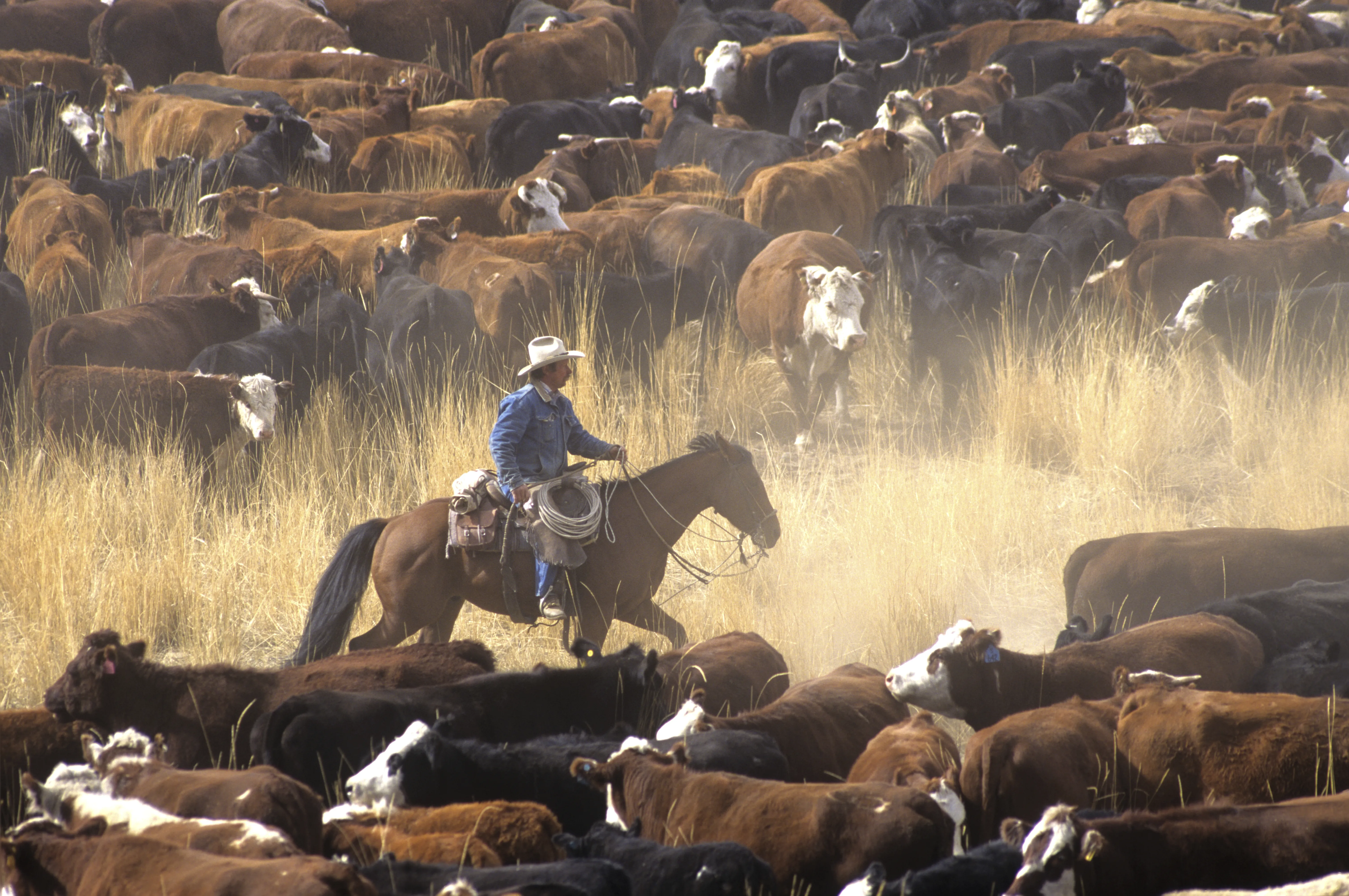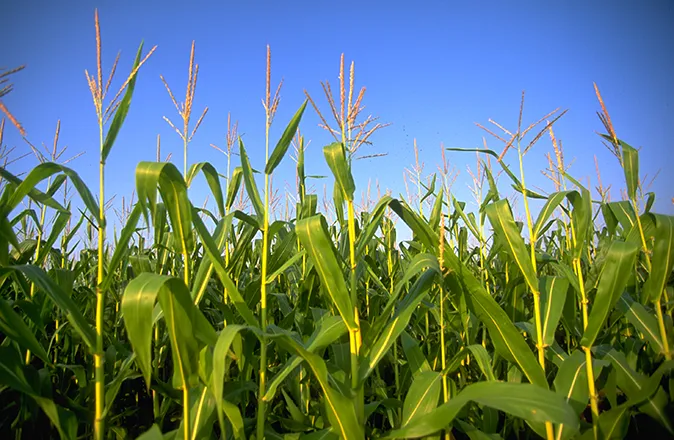
‘Product of USA’ label for meat items could carry more weight under new rule
Click play to listen to this article.
(Prairie News Service) Big players in the beef and poultry industry face pressure to prepare for a new federal rule for "Product of USA" labels. And advocates for smaller farmers and ranchers see an opportunity for those operations to reach more customers. Companies selling meat products in grocery stores have until early 2026 to comply with the USDA rule announced this spring. "Product of USA" labels are sometimes slapped on a meat item for sale. Firms that outsource production overseas have been doing it because the item was packaged in the U.S. But now, all of the animal production has to be done domestically to use the label.
Mark Watne, North Dakota Farmers Union President, likes the move.

Meats and kababs cooking on a grill. Wikimedia - DimiTalen.
"In some respect, it should give a U.S. producer a distinctive advantage to the consumer that desires a product that is born, raised, slaughtered, processed in the U.S.," he said.
Watne said non-corporate farms and small processors won't have to worry about big meatpacking companies - who opt for cheaper, less regulated production in foreign countries - making the claim. While the rule is binding, use of the label is voluntary. Watne added advocates still have a long way to go in getting stronger mandates under country-of-origin labeling. Critics of such moves worry about disrupting international markets.
Watne said the revised rule being phased in should make things less confusing for shoppers willing to pay a little extra if given assurances of where the product was produced.
"So, if you want something that's labeled product of the U.S., then you want to know that it went through the same and equal standards, rules and regulations that a U.S. producer goes through, " he contended.
Supporters of the USDA action suggest removing the loophole means consumers won't be taken advantage of or have to second-guess the packaging information they look at. The move comes amid new federal data showing the number of farms shrinking around the country as market concentration remains a force within agriculture.

















